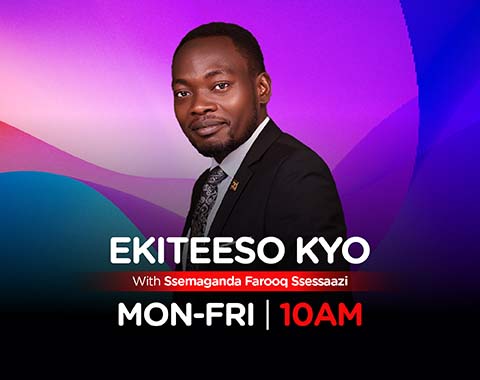The move, which follows a months-long blockade on covering the Presidency, has been labelled a "direct affront to press freedom" and a symptom of a "growing cancer of intolerance."
KAMPALA – In a forceful denunciation of escalating state censorship, the Nation Media Group (NMG) Uganda and the National Association of Broadcasters (NAB) have condemned the decision by the Parliament of Uganda to block NMG journalists from its premises. The move, which follows a months-long blockade on covering the Presidency, has been labelled a "direct affront to press freedom" and a symptom of a "growing cancer of intolerance."
The crisis came to a head on Tuesday, October 28, 2025, when NMG journalists were barred from covering parliamentary proceedings. According to a statement released by NMG's Managing Director, Susan Nsibirwa, this action follows a similar, unexplained blockade on covering the President that has been in effect since March 2025.
"There has been no formal communication to explain the reasons behind this blockade," Nsibirwa stated. "We have not been informed of any contraventions that we or our journalists might have committed and have therefore been denied the right of reply or due process."
NMG’s statement emphasised that the freedoms of the press and expression are enshrined in the 1995 Constitution of Uganda and are central to the rule of law. It argued that denying access to independent media for taxpayer-funded, public institutions like the Presidency and Parliament "violates the letter and spirit of the Constitution" and "denies citizens the right to know what their elected leaders are doing."
Echoing this sentiment, the National Association of Broadcasters (NAB) released its own statement in solidarity with its member, NMG. "Journalism is not a crime. It is a constitutionally guaranteed right and a vital pillar of democracy, especially during an election season," the NAB management declared.
The NMG statement also highlighted a worrying pattern of repression against its journalists, citing incidents during the Kawempe North parliamentary by-election in March 2025 and the current presidential campaigns. In this context, NMG argues, it compounds the perception of a systematic effort to silence critical reporting.
In the face of this pressure, both media bodies remained resolute. NMG unequivocally stated, "We shall not abdicate our responsibility to do bold and thoughtful journalism, and to hold those in power accountable." Similarly, the NAB announced it has engaged with relevant authorities to "urgently seek a solution," stressing the imperative for the government and the Fourth Estate to coexist in serving the public interest.
Concluding with a powerful global democratic maxim, NMG's statement served as a stark warning: "We should always remember that democracy dies in darkness." The standoff now presents a critical test for Uganda's commitment to its own constitutional order and the principles of transparent governance.













